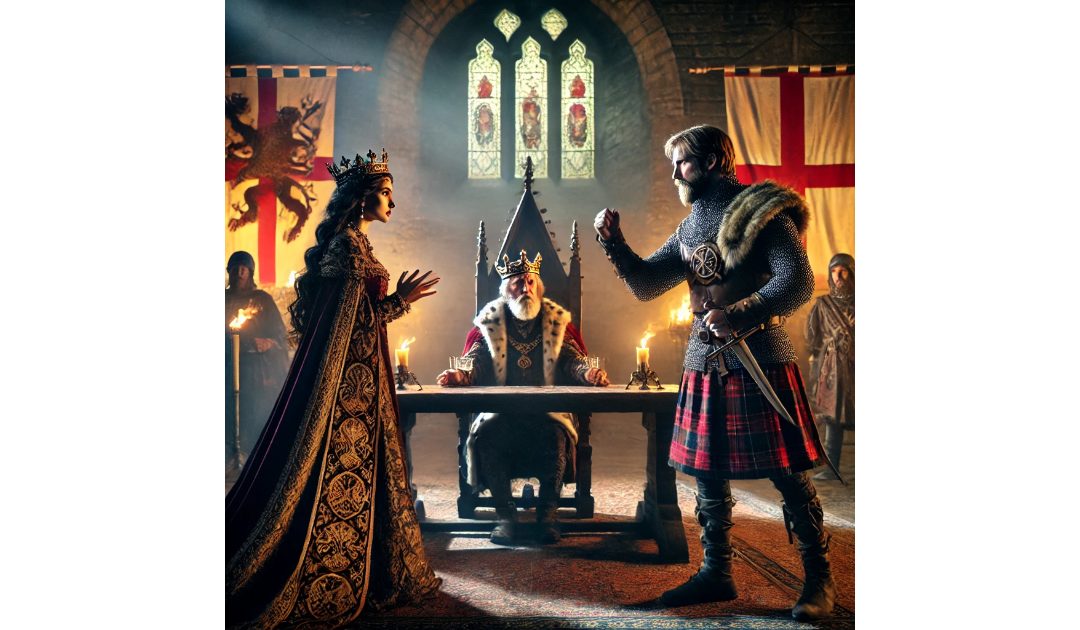Eleanor of Castile died on the 28th of November 1290. After her death, her husband King Edward I, known as Longshanks, commissioned the famous Eleanor Crosses, a series of twelve lavish monuments erected at the places where her funeral cortege rested on its journey to Westminster Abbey. These famous Eleanor crosses, with their intricate Gothic designs, reflect her lasting impact on England’s cultural heritage.
Eleanor married Edward in 1254, a union arranged to solidify an alliance between Castile and England. Despite the political motivations behind their marriage, the couple formed a rare and enduring bond. Their relationship was marked by mutual respect and affection, as evidenced by Edward’s profound grief after her death. Together, they had 16 children, though only a few survived to adulthood, including the future Edward II.
Eleanor was not a passive consort. She actively participated in the governance of England, managing estates and advising Edward on matters of policy. During the Barons’ Wars, a period of civil strife in England, Eleanor supported Edward, accompanying him on military campaigns and even being briefly taken hostage. Her political engagement extended to managing land acquisitions, particularly in Wales, after Edward’s campaigns to subdue the region.
I was thinking about her cultural heritage and her portrayal in film. At this point I get a little muddled because I thought of The lion in Winter, but that concerned Eleanor of Aquitaine and her husband Henry II. One of the most well-known depictions of Edward I, comes from the historical epic Braveheart. However, Eleanor is conspicuously absent from this film. Instead, the story focuses on Edward’s conflict with the Scottish rebel William Wallace and invents a romantic subplot involving Isabella of France, who in reality married Edward II, Eleanor’s son, years after Eleanor’s death. The omission of Eleanor in Braveheart underscores how her contributions have often been overlooked in favor of more dramatized and simplified narratives of medieval history.
If we are talking of people who have made significant contributions to English history, yet have been overlooked, we need look no further than Sir Anthony Standen, “The Spy who Sank the Armada” as I put it in my book of that title. I have a special affection for him as he was the elder brother of my tenth great-grandfather, on my mother’s side.

